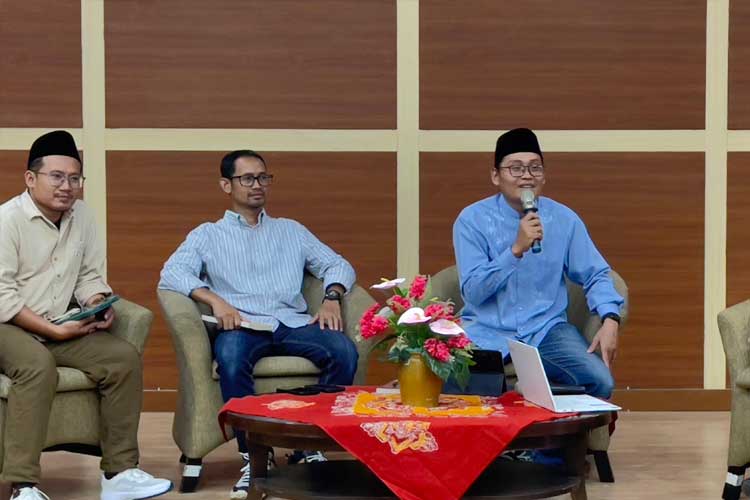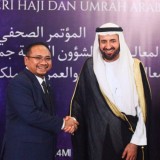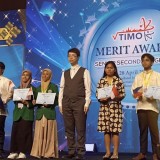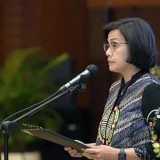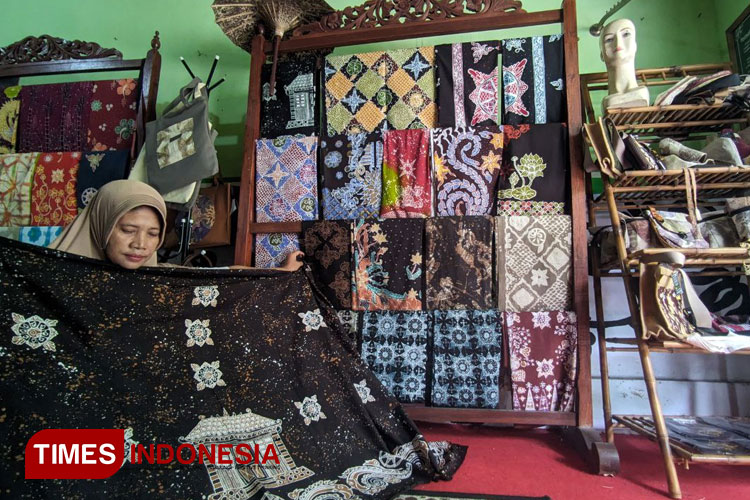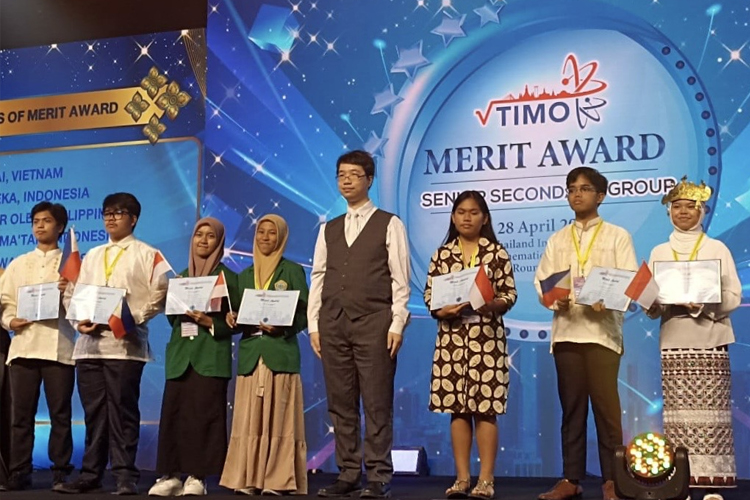TIMES HONGKONG, JAKARTA – In Yogyakarta, Indonesia, a saying often resonates: "Seek knowledge, even as far as China." This phrase, though its origin as a Hadith is debated, signifies the profound historical importance of China, especially in the realms of education and technological advancement.
During a seminar at the Universitas Islam Negeri Sunan Kalijaga in Yogyakarta, Himayatul Ittihadiyah of the Muslimat Nahdlatul Ulama emphasized the cultural memory linking China with the pursuit of knowledge. The seminar, part of a roadshow organized by the Nahdlatul Ulama's special branch in China, highlighted the educational ties between the two nations.
Budy Sugandi, representing the Indonesian Nahdlatul Ulama in China, affirmed the significance of seeking knowledge in China, referencing a narration by Imam Al Baihaqi. He noted the balanced spirit between the government's professionalism in policy-making and the communal enthusiasm for research and development in China. This synergy has been crucial in fostering a collaborative environment involving the government, educational institutions, and the community.
The Chinese work ethic, characterized by relentless diligence, was praised for its role in attracting investors who prefer to employ their compatriots, recognizing their dedication and productivity.
Moh Khoerul Anwar from UIN Sunan Kalijaga observed cultural and educational contrasts between China and Indonesia. He pointed out China's high regard for education, where success is often measured by the level of education one can provide for their children, regardless of the family's socioeconomic status.
In 2019, approximately half a million Indonesian students pursued education in China, with many accessing scholarship programs aimed at developing countries. Ahmad Syaifuddin Zuhri highlighted China's educational strategy to attract international students and encourage them to return to their homelands after their studies. Interestingly, Indonesia ranks seventh in the number of foreign students in China, with South Korea and the United States leading the list.
Prof. Muhammad Wildan of UIN Sunan Kalijaga urged students to deepen their understanding of China, citing resources like the book "Santri Indonesia di Tiongkok" as valuable insights into the lives of Muslim students in China.
The seminar and book discussion are part of the "Nihao Ramadhan 2024" program, organized by the Indonesian Nahdlatul Ulama in China. This initiative aims to celebrate the 101st anniversary of Nahdlatul Ulama across various Indonesian cities, fostering a greater appreciation and connection between the Indonesian and Chinese educational landscapes.
Continuing the exploration of the educational dynamics between China and Indonesia, the seminar delved into the nuances of how education in China has become a beacon for technological and cultural exchange. The officials and educators at the event stressed the historical depth and modern significance of China's educational system, which has long been recognized for its rigorous discipline and innovative approach.
China's education system, renowned for its focus on hard work and high achievement, has been a model for many developing countries looking to improve their educational standards and technological capabilities. The Chinese government's emphasis on education as a cornerstone for national development and international collaboration has led to significant investments in research and innovation.
During the seminar, speakers highlighted the fact that China's approach to education is not just about academic excellence but also about creating a holistic environment where students are encouraged to develop practical skills and innovative thinking. This philosophy has contributed to China's rapid advancements in technology and its emergence as a global leader in sectors like information technology, renewable energy, and space exploration.
The narrative also touched on the social aspects of education in China. It was noted that the Chinese value education as a means of social mobility and national pride. Families, regardless of their financial status, strive to provide the best education for their children, believing that it will lead to a better future. This cultural value is deeply ingrained in Chinese society and has propelled the country to prioritize education at all levels. (*)
| Writer | : |
| Editor | : Khodijah Siti |
